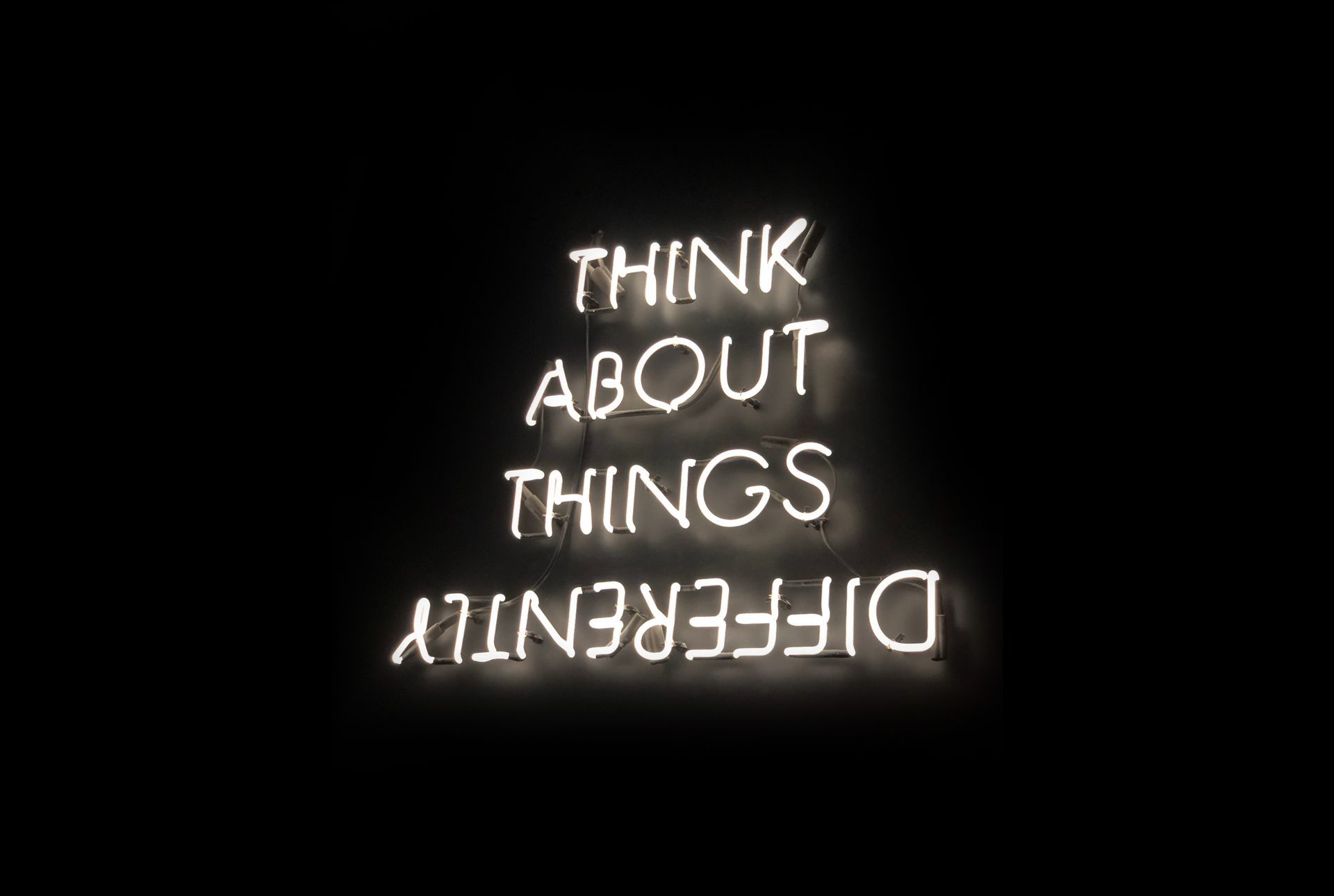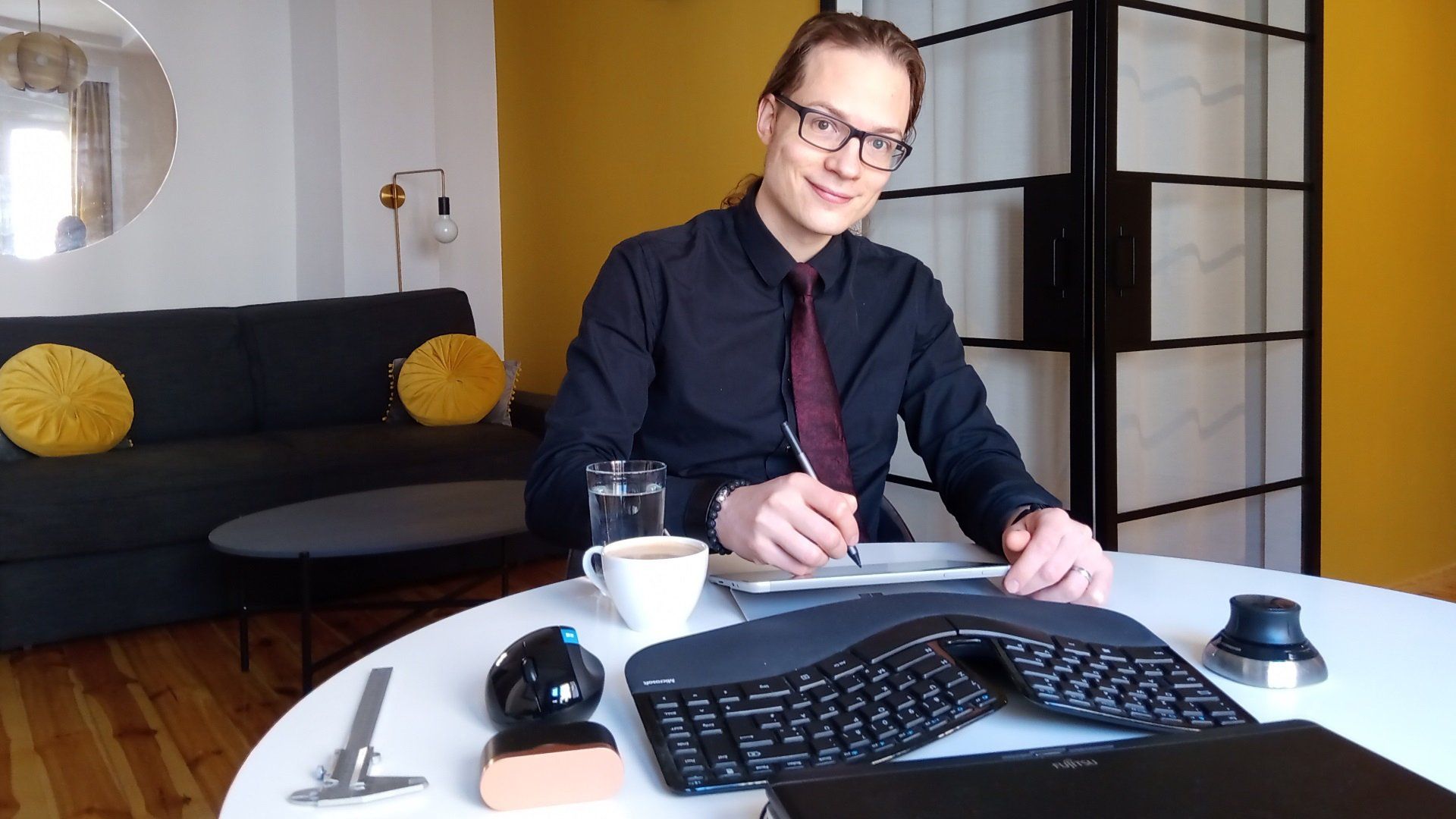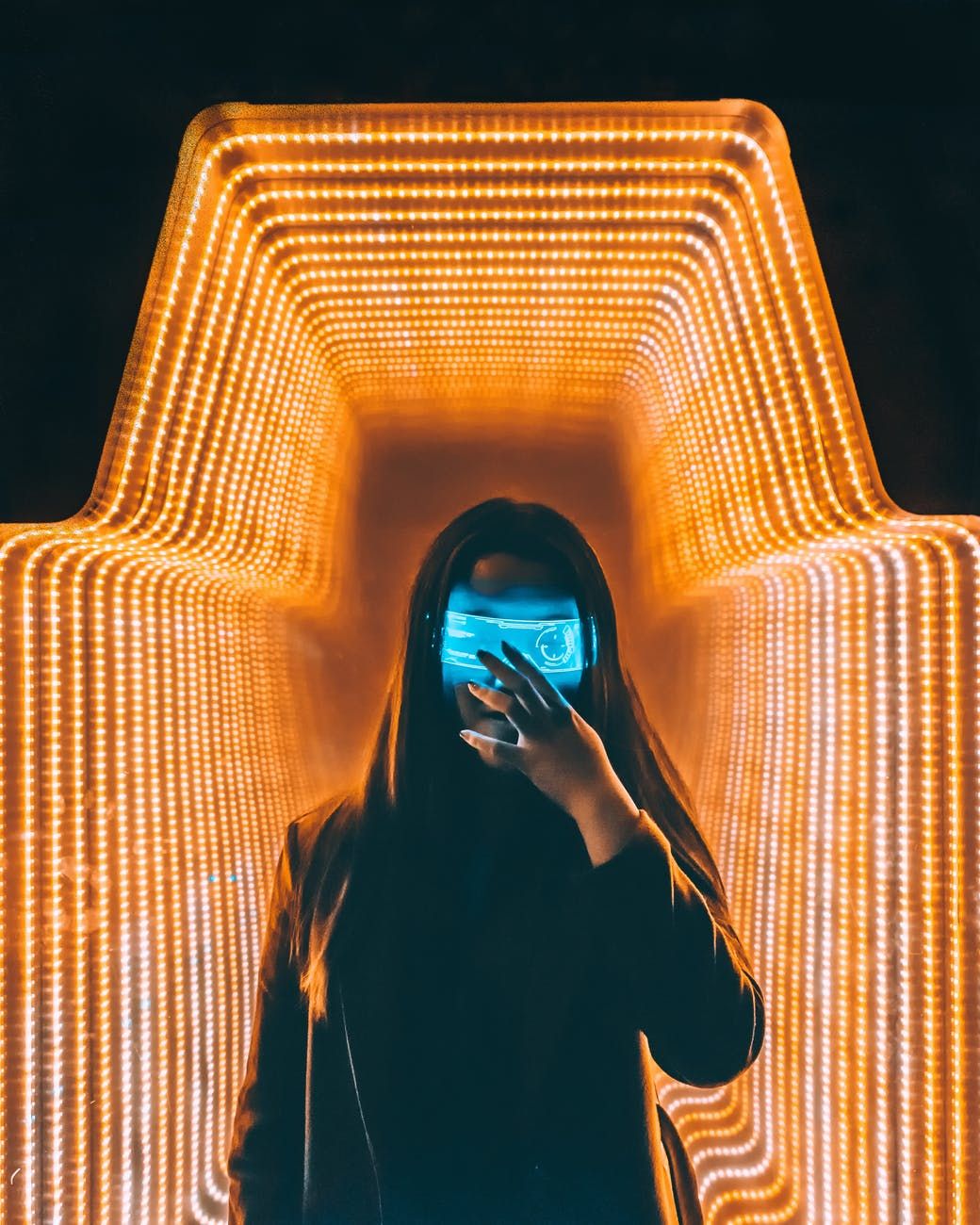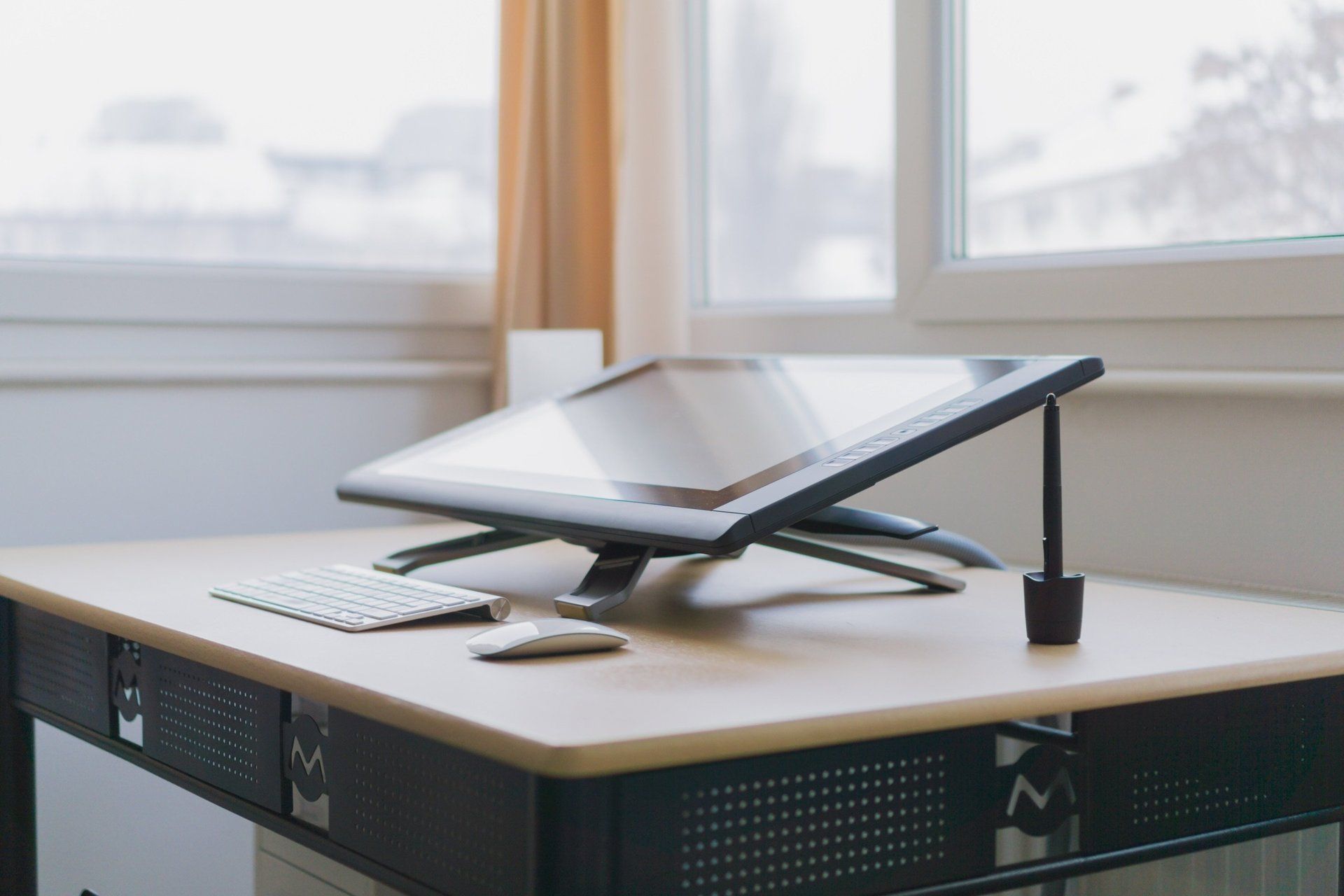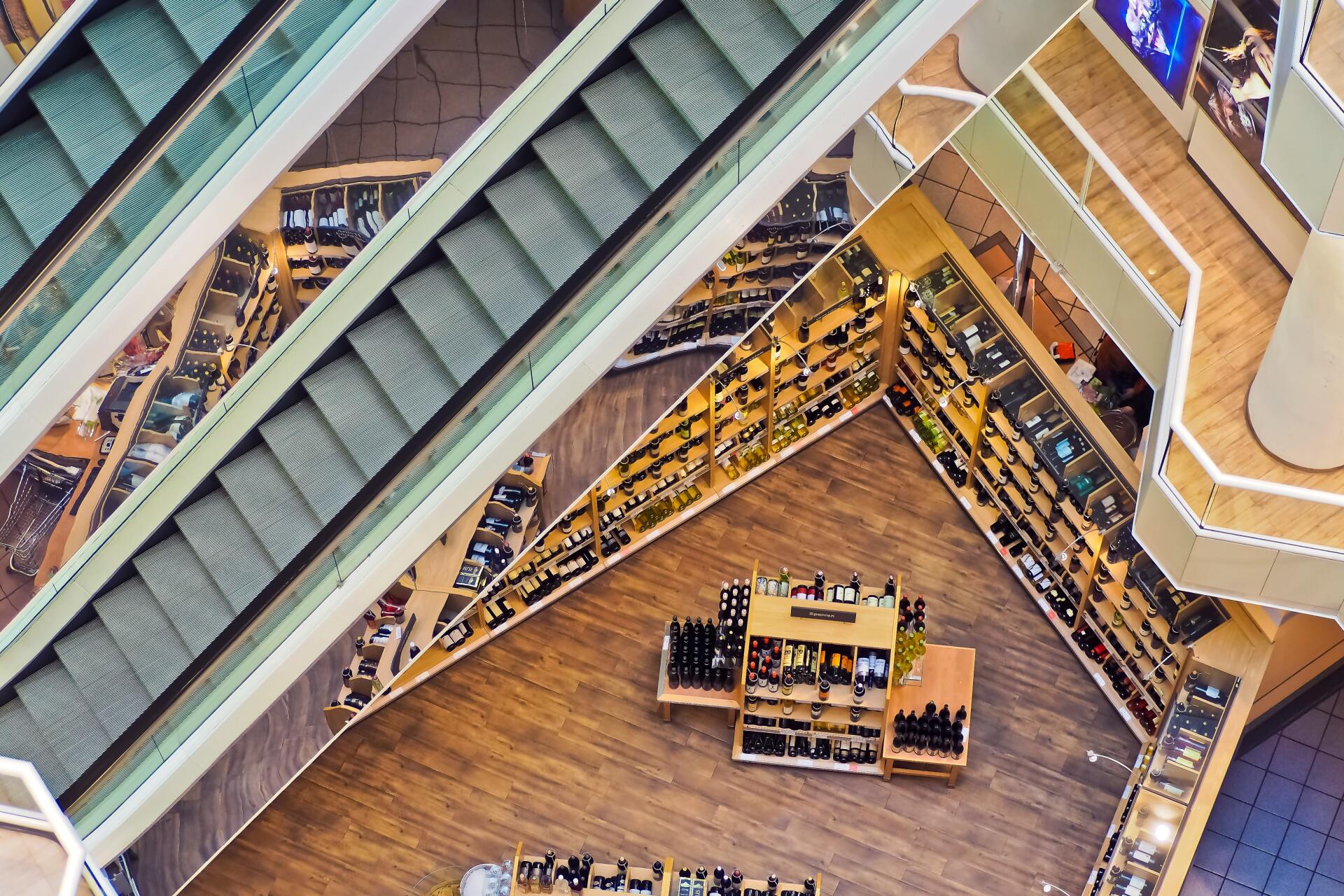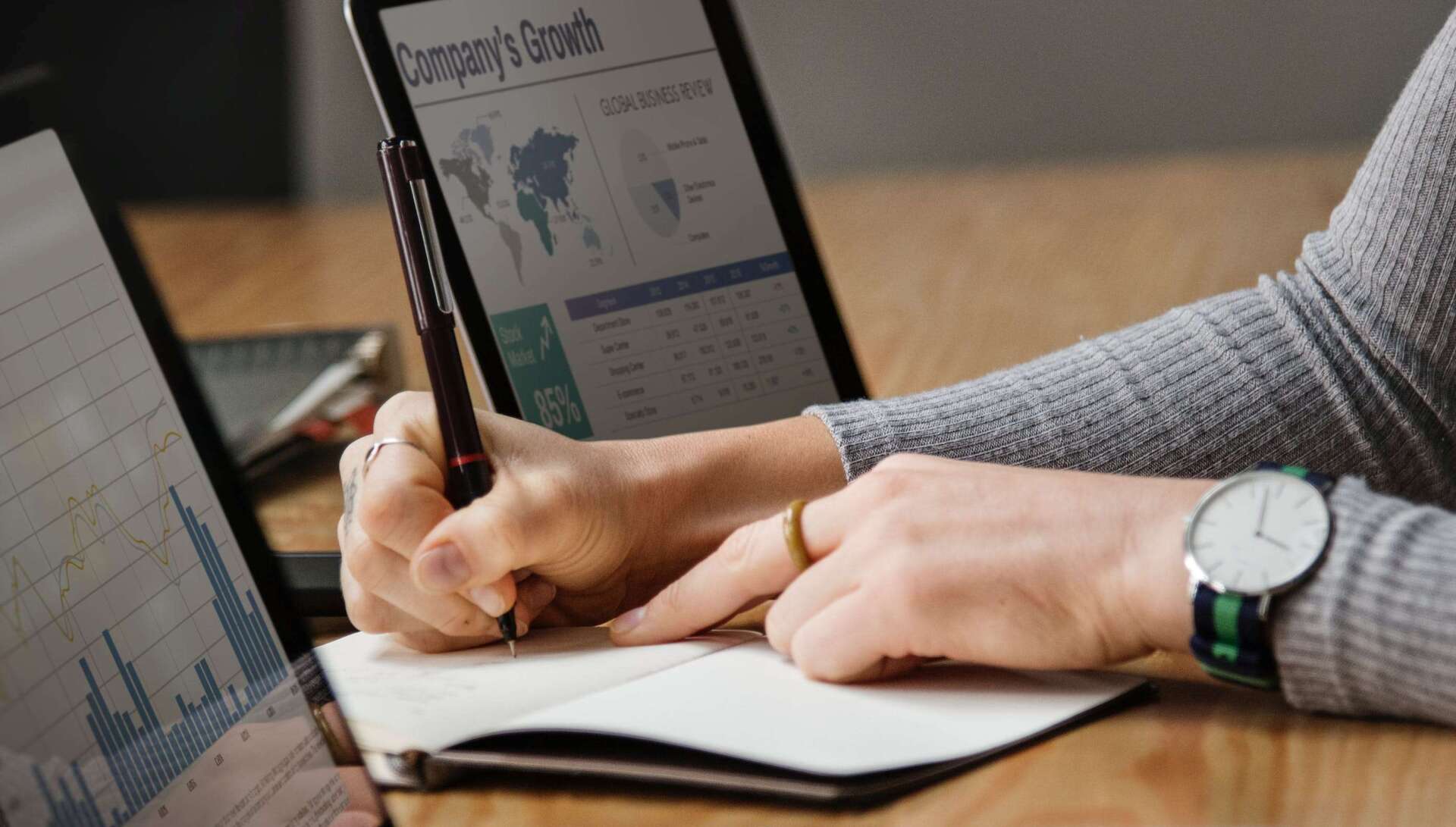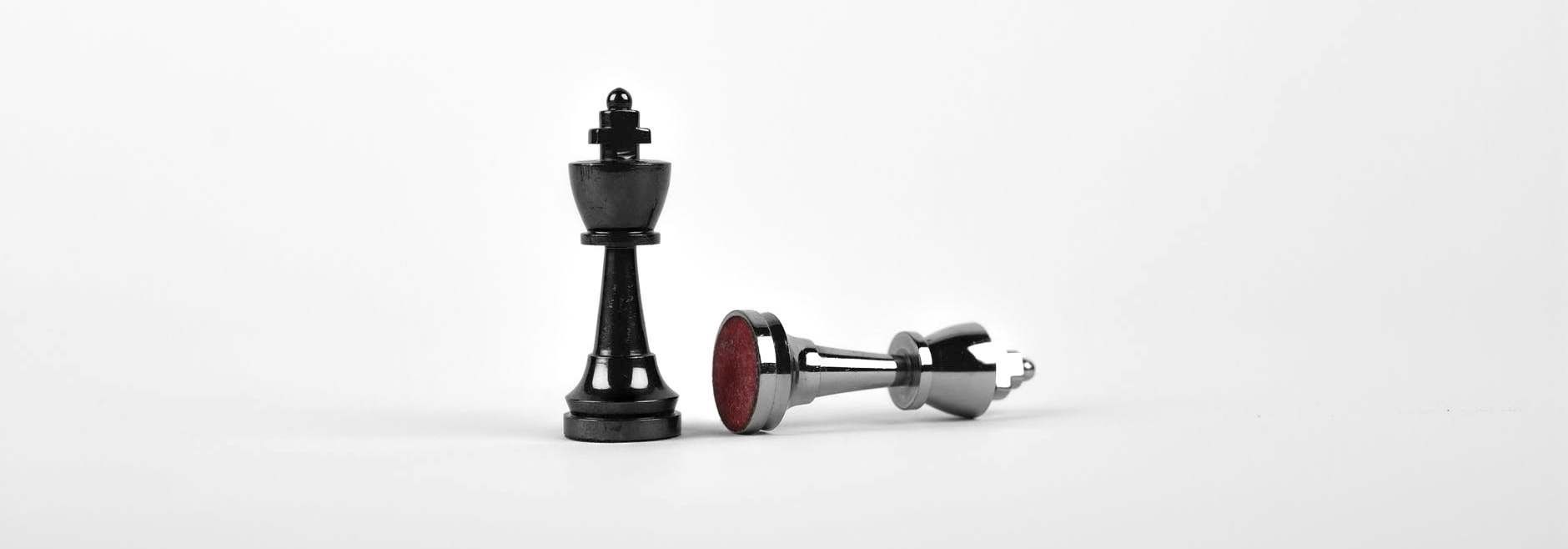How designing a pen is related to designing a train
In your search for a designer to help you out with the design of your new product, you don’t necessarily need to focus on candidates that have designed exactly the same type of product before.

Many product designers are generalists. They have a general understanding about human beings, materials, and production techniques. They apply this knowledge in a process for creating novel physical products. It is in the nature of their profession that they know something about many fields, e.g. cognitive psychology, marketing, ergonomics, engineering, and manufacturing. The knowledge can be applied to the development of many types of physical products. An industrial designer could be able to help you out with designing your new IoT device, as well as an analog watch case. With a tea cup, as well as a power tool. With headphones, as well as an airplane chair. And with a pen, as well as a train.
Now, sometimes a job post is so focused, that the one who posts it might miss out by focusing on a specific background.
For example, a job post on an internet platform stated "... we are looking for an industrial designer who has experience on designing medical device enclosures up to DFM level."
It also said: "It should be a simple table top device of approx. dimension of 250x250x200 mm with sheet metals in the back & bottom and plastic front facia."
I would argue that most industrial designers would be able to design a table top device with specific pre-determined dimensions, sheet metal structure, and plastic front. I understand that for some jobs it is necessary to have specific background information. However, if a startup collaborates with an industrial designer, it should be easy to communicate requirements about the medical nature of the device, regardless of previous experience with designing this specific type of product.
The next fragment of another publicly available job post is another example. The required end product is a drinks bottle label. Although the post is aimed at graphic designers, it illustrates the same type of focus: "You must have a strong portfolio, including examples in the drinks industry."
The job post came with one question: "Have you done any drinks designs in the past?". A skilled graphic designer knows how to handle integrating required information and creating and aligning elements into a balanced whole that can be printed as desired. If the graphic design portfolio of a candidate includes packagings of any fast-moving consumer goods, that could be enough of an indication of the capability for designing a drinks bottle label.
Whenever you're looking for a collaboration with a designer, the amount of candidates drastically increases if you focus on skills that are used in the profession in general instead of when you focus on the ones who have very specific experience. If you're looking for a fresh perspective, it might even be a good idea to hire a designer that has not designed a similar product yet.
So, how is designing a pen related to designing a train? The design process and underlying generalist designer knowledge that can be used to design either of the two makes them related. The designer of a pen can most likely help you out with the design of a train, and vice versa.
